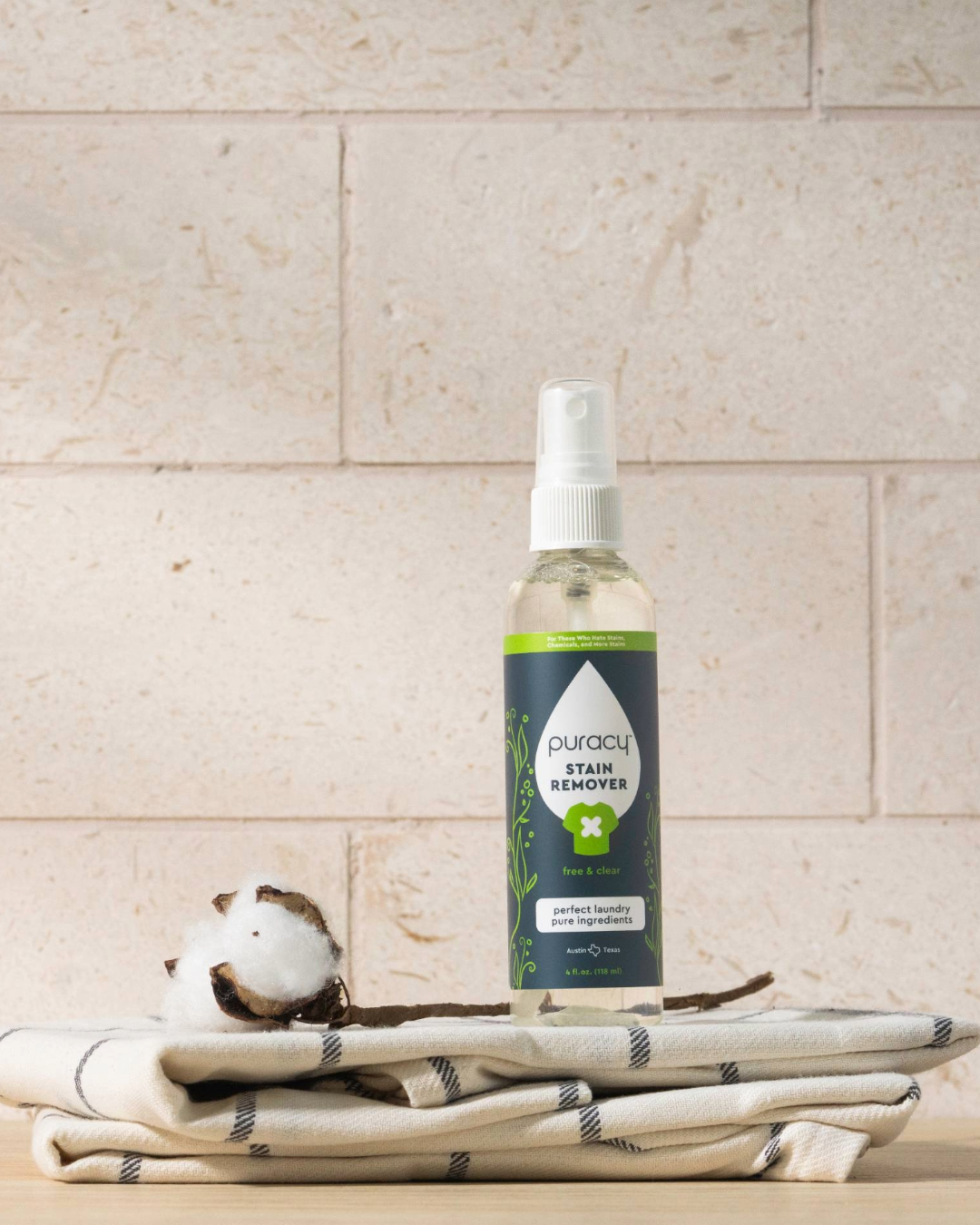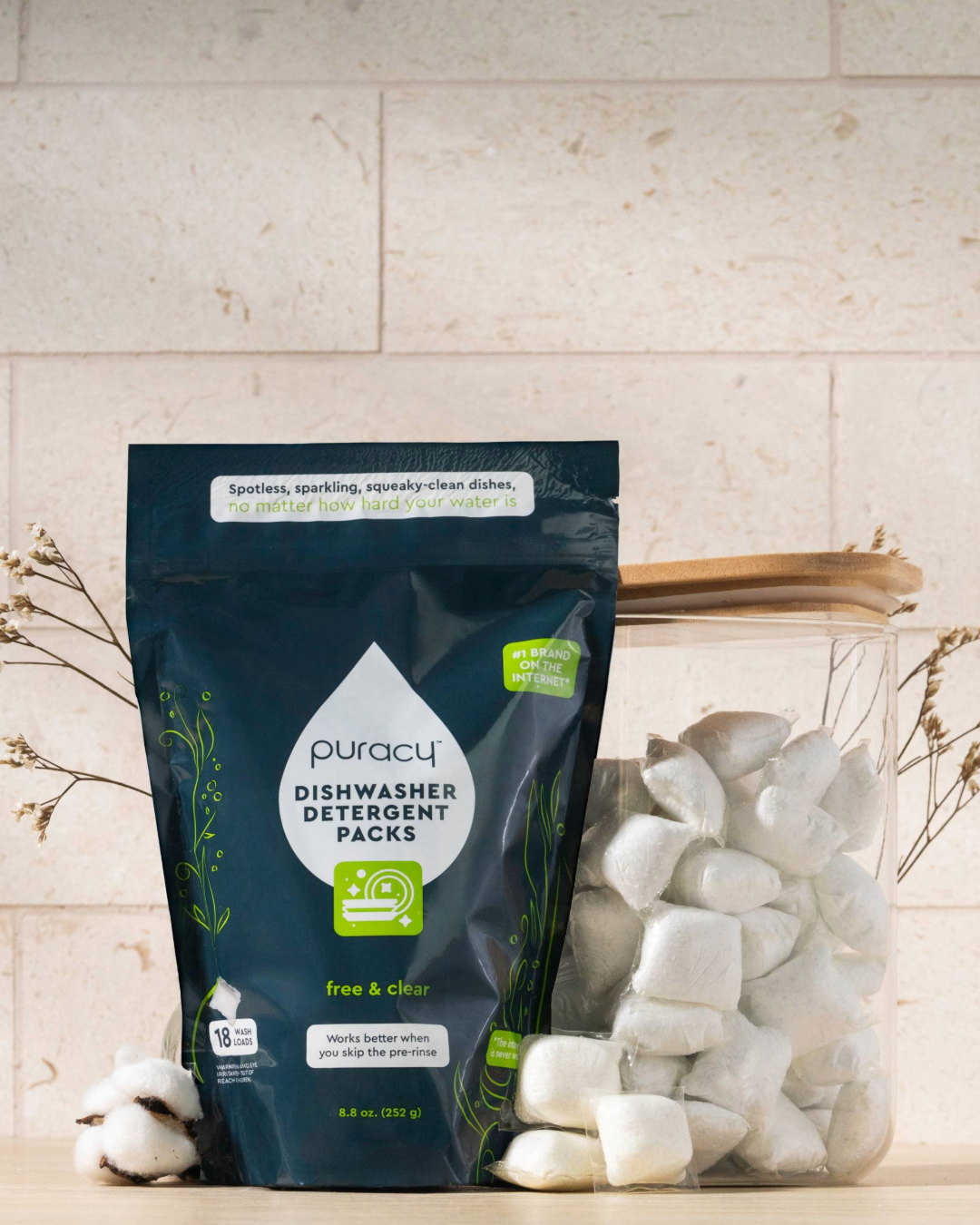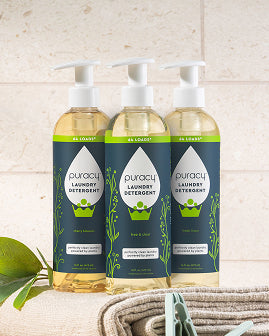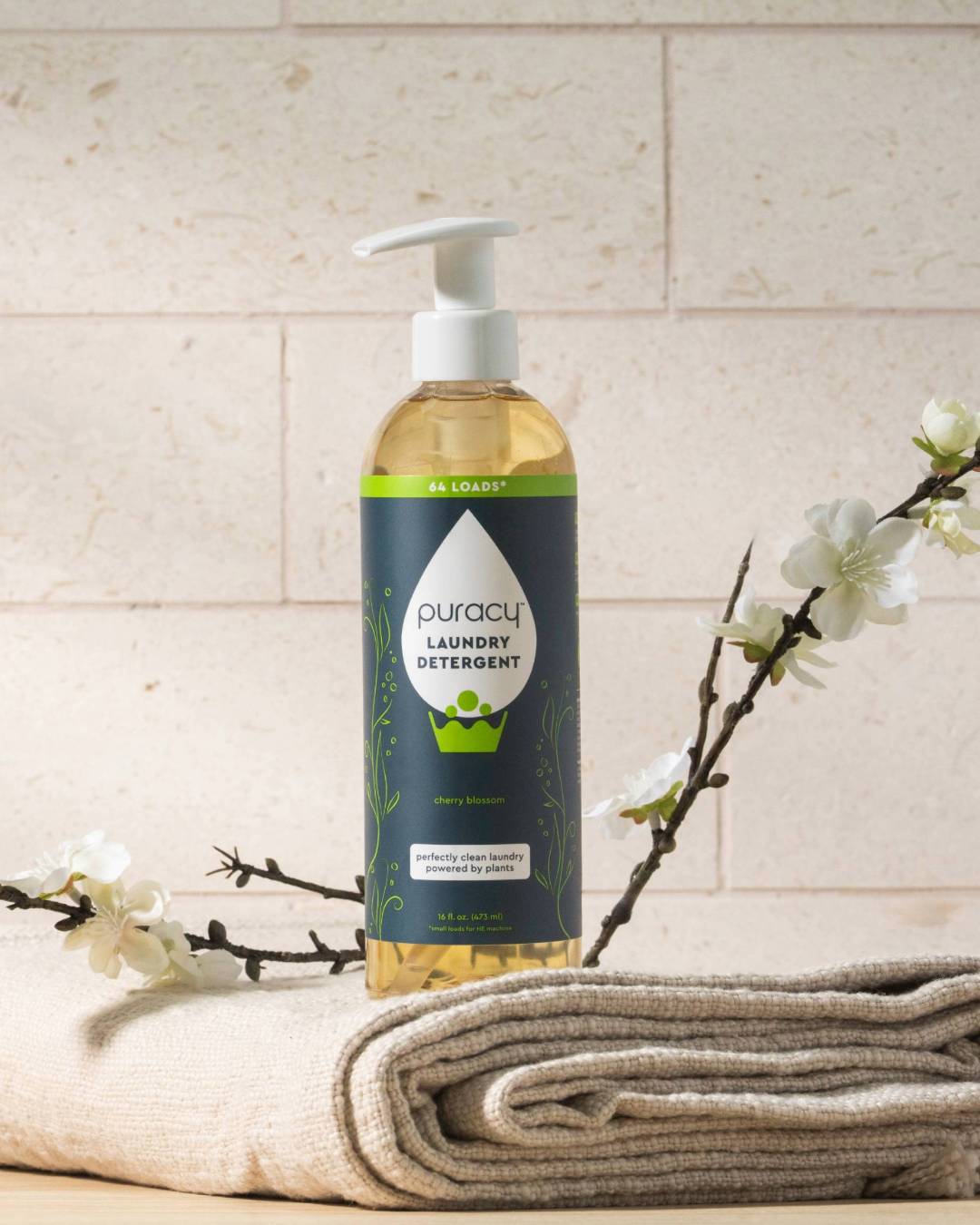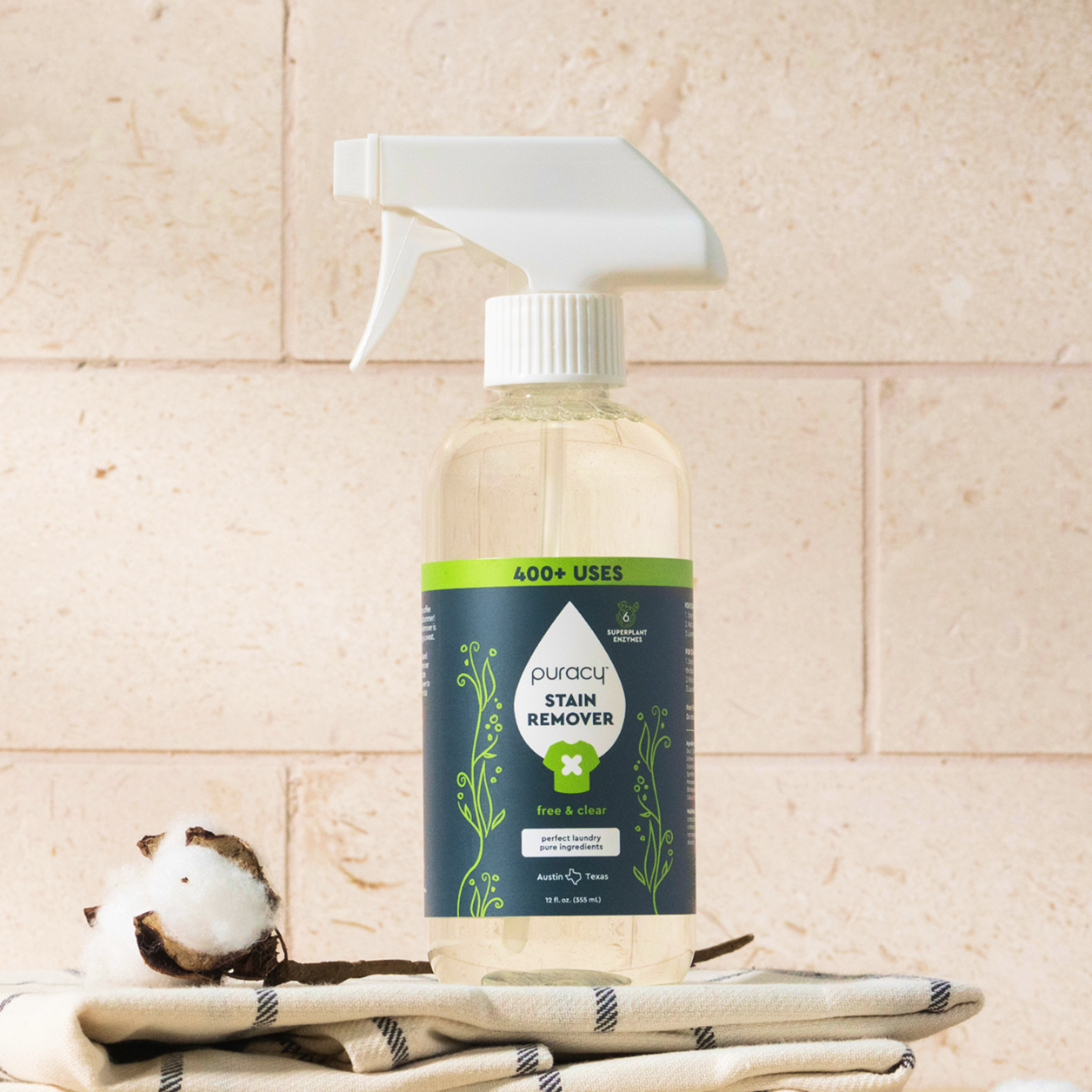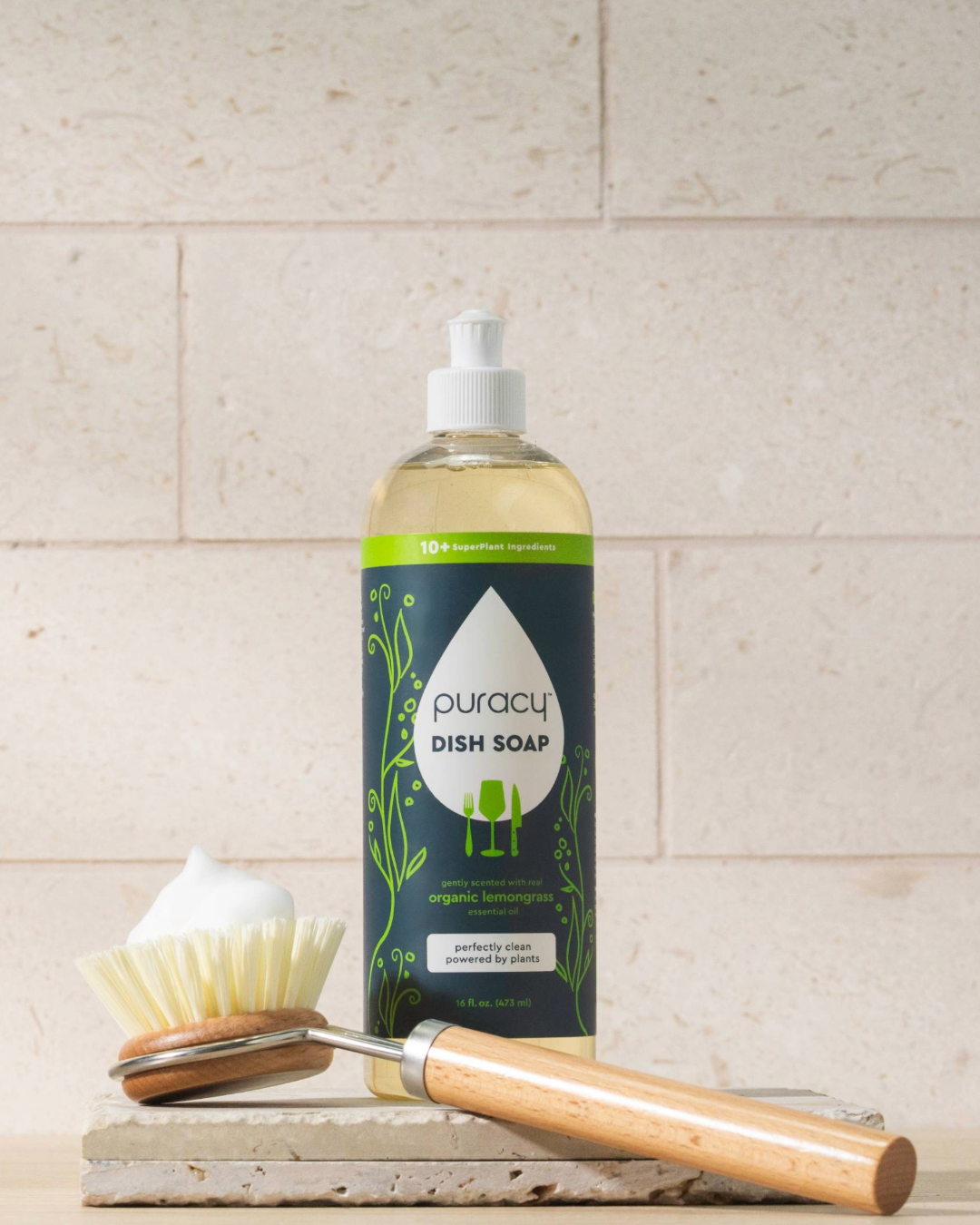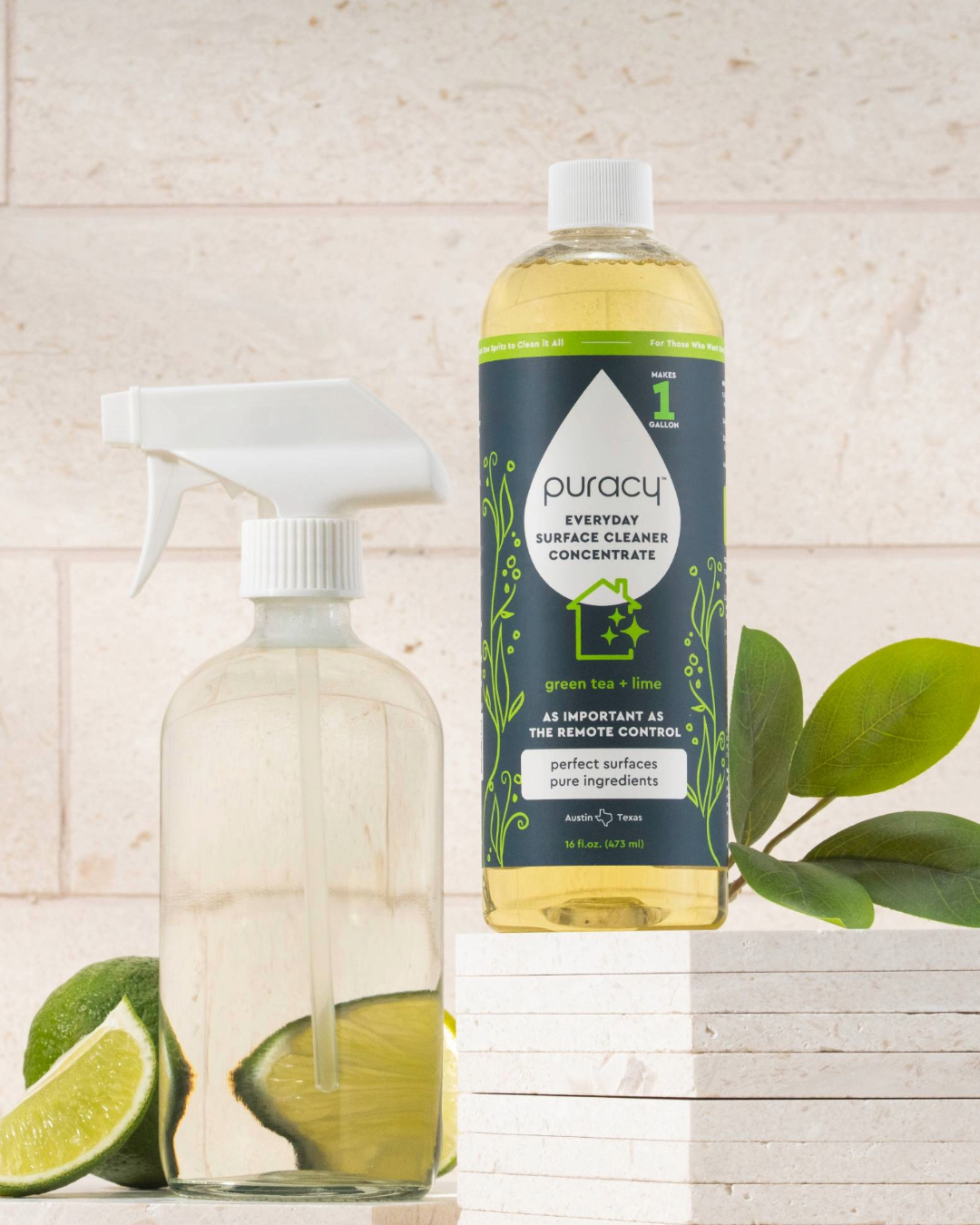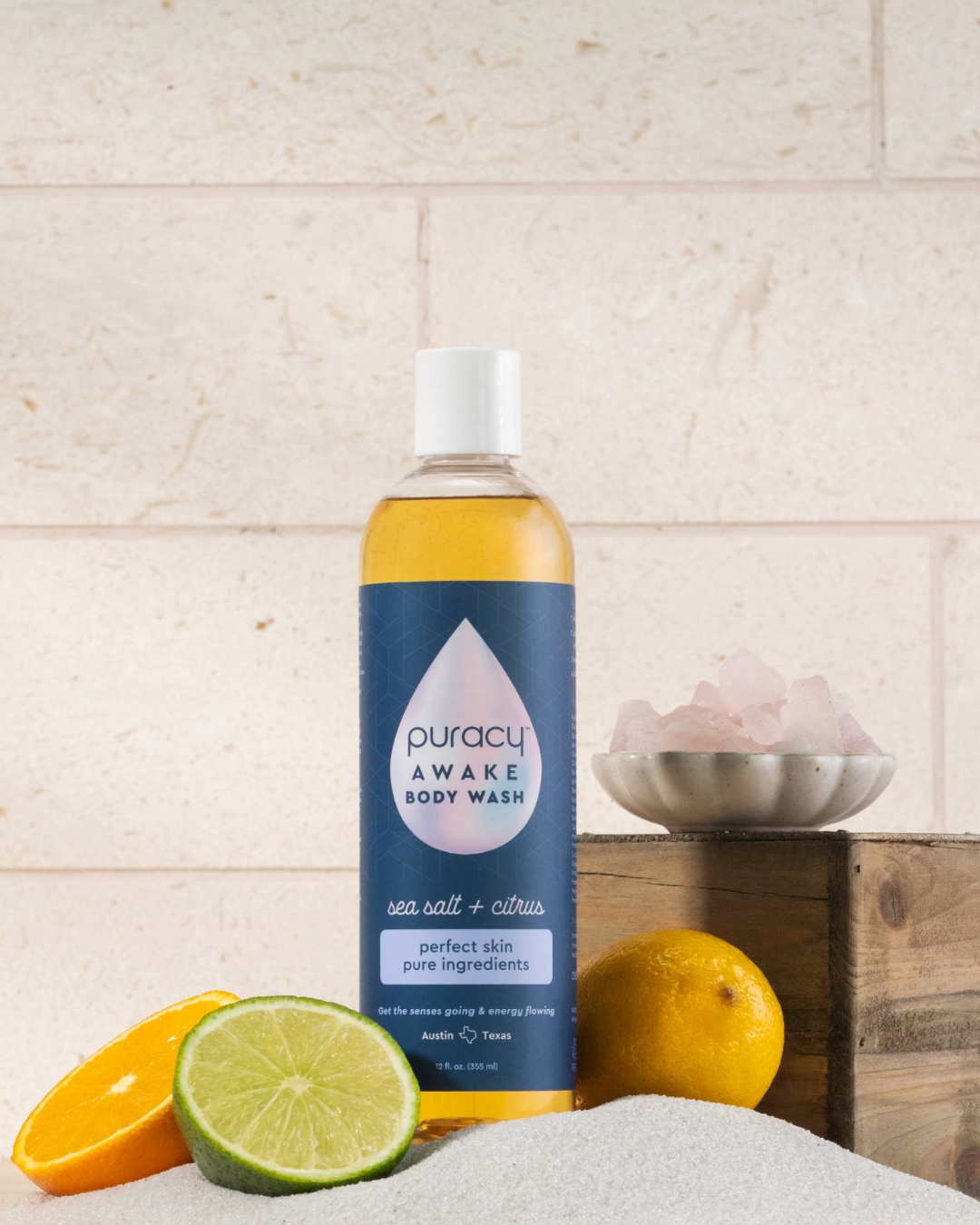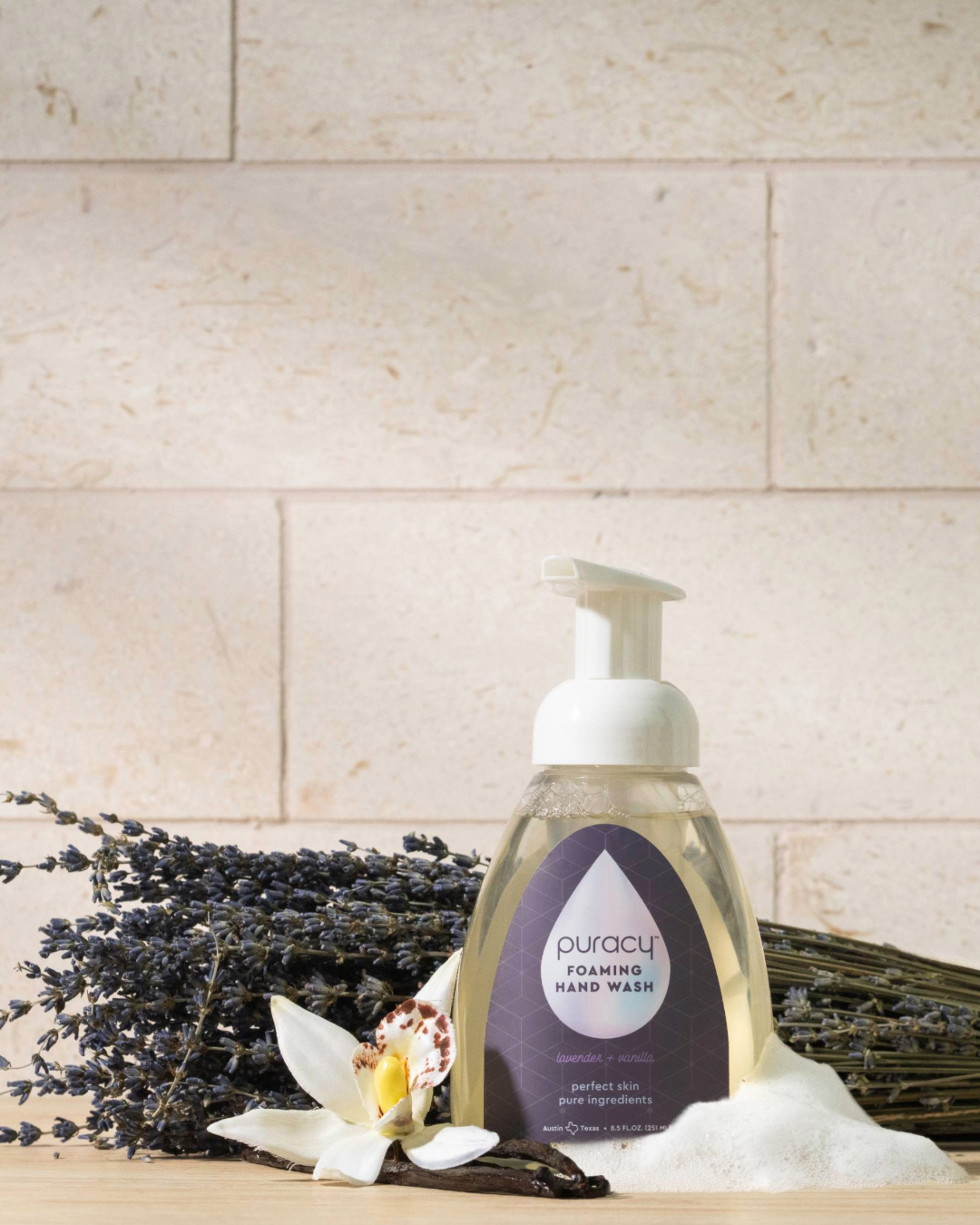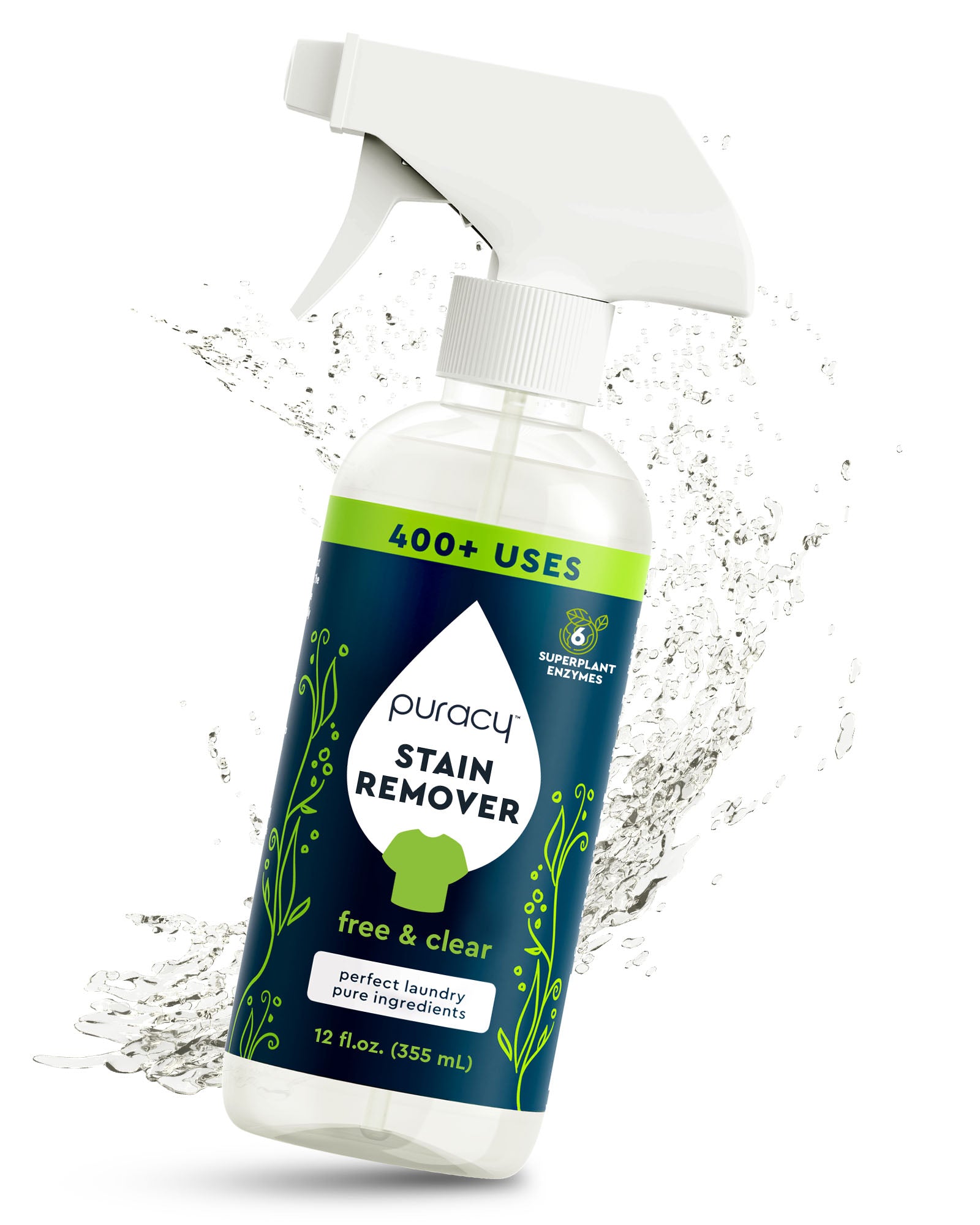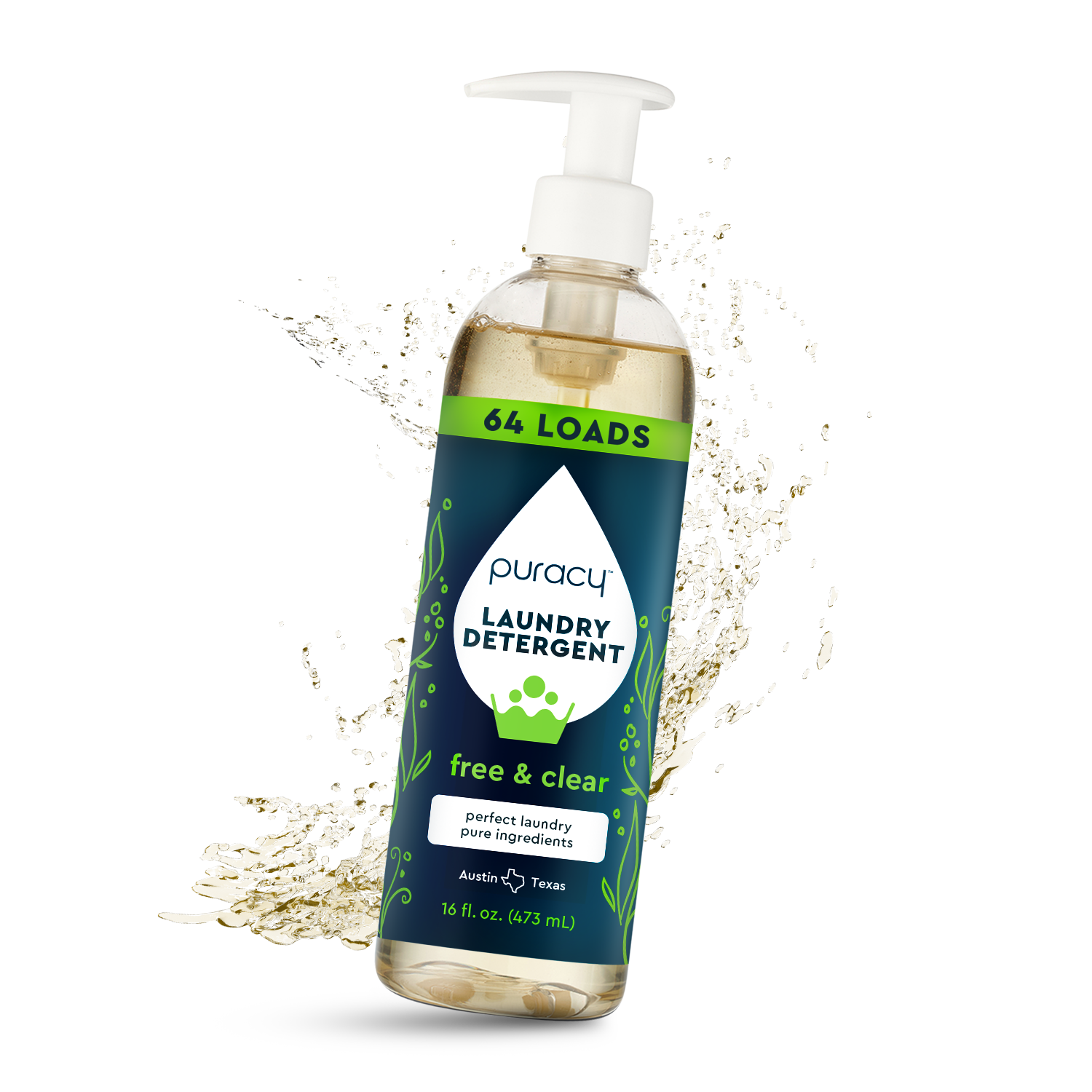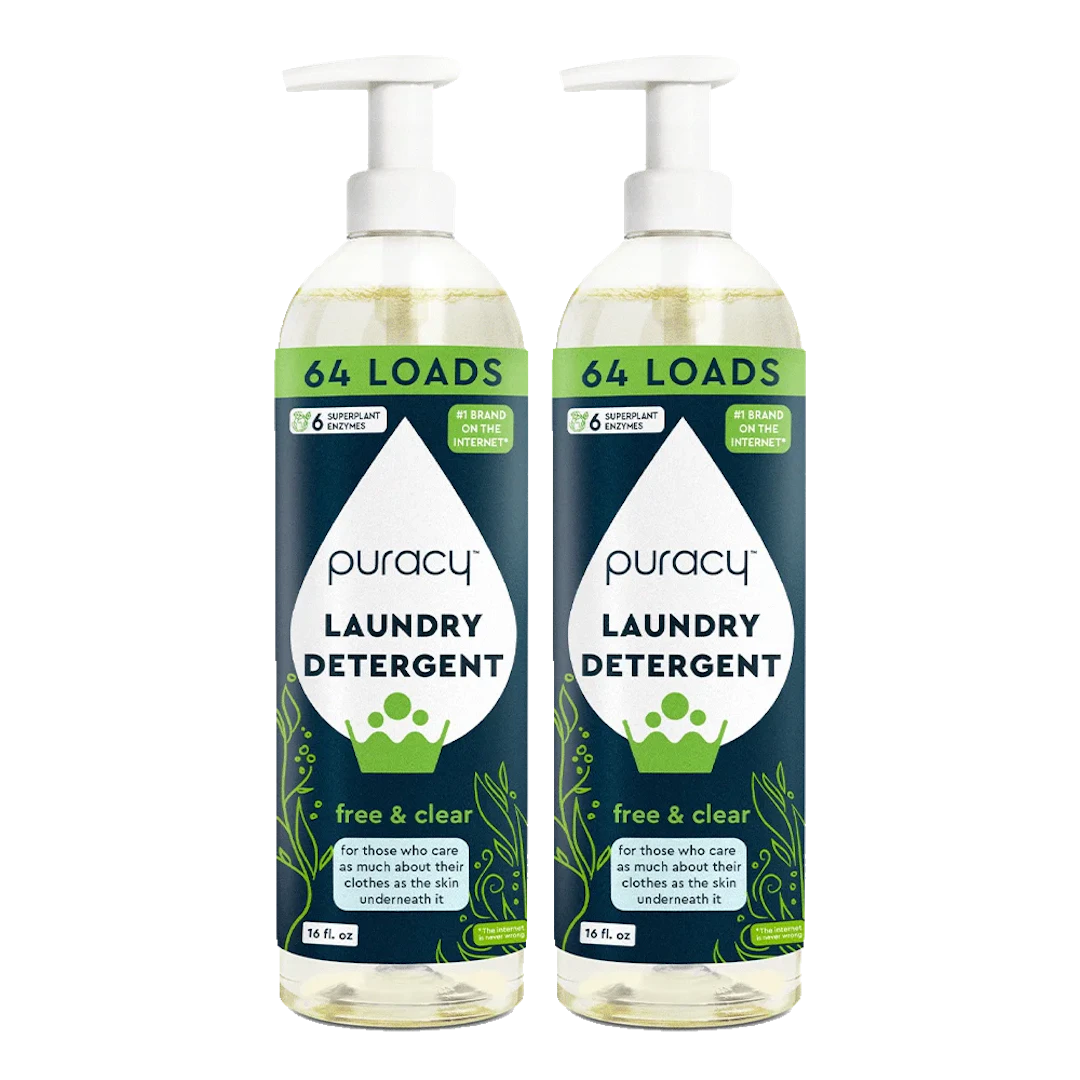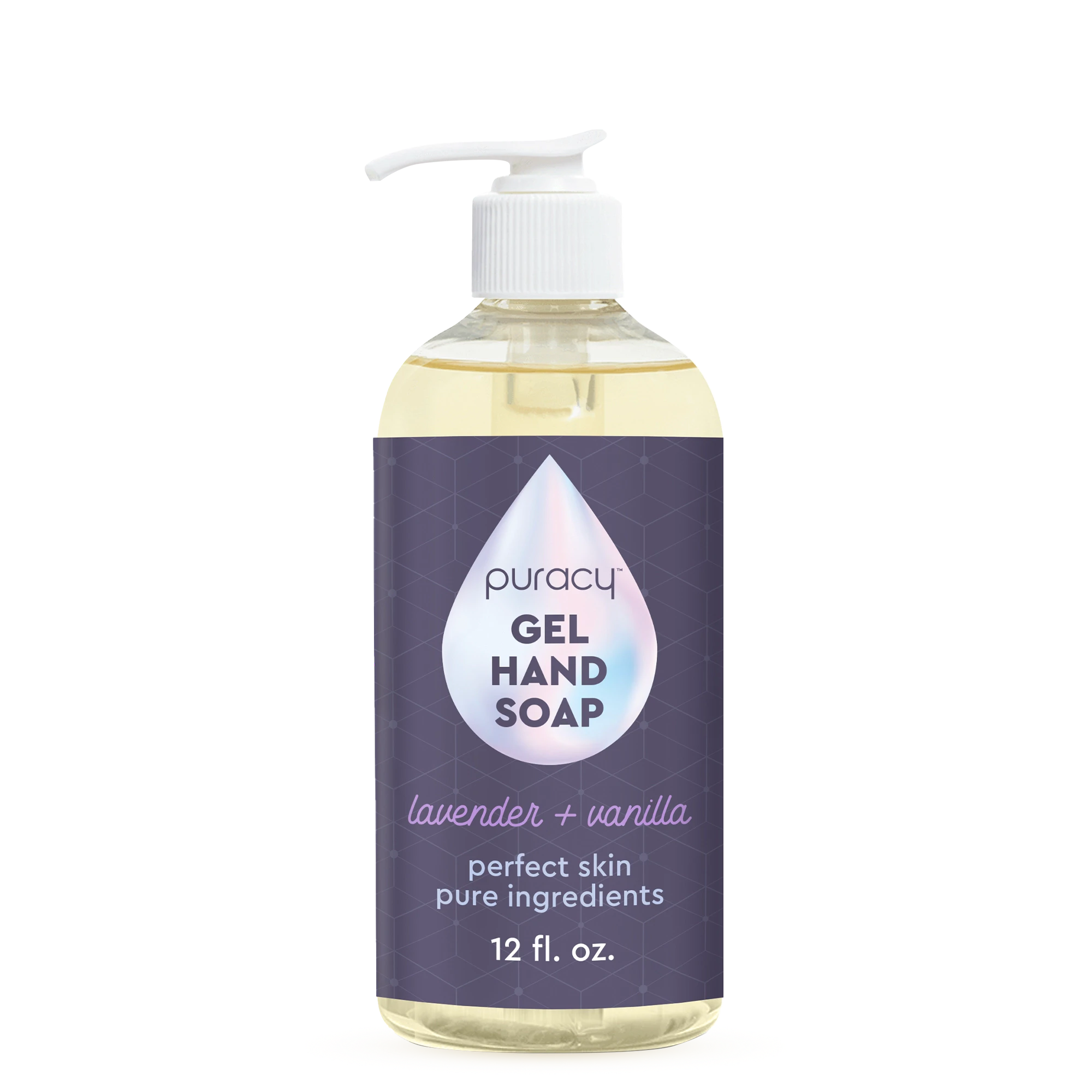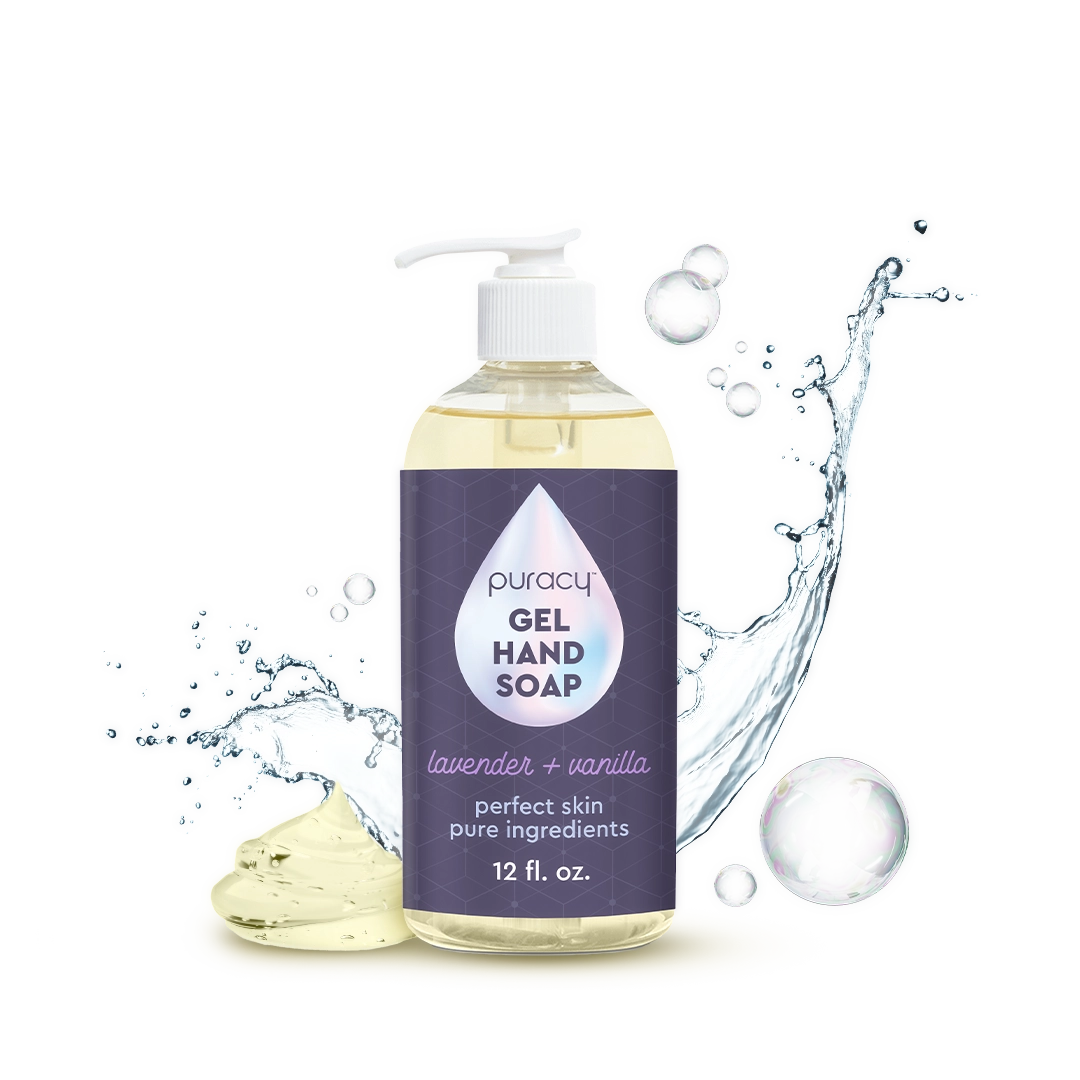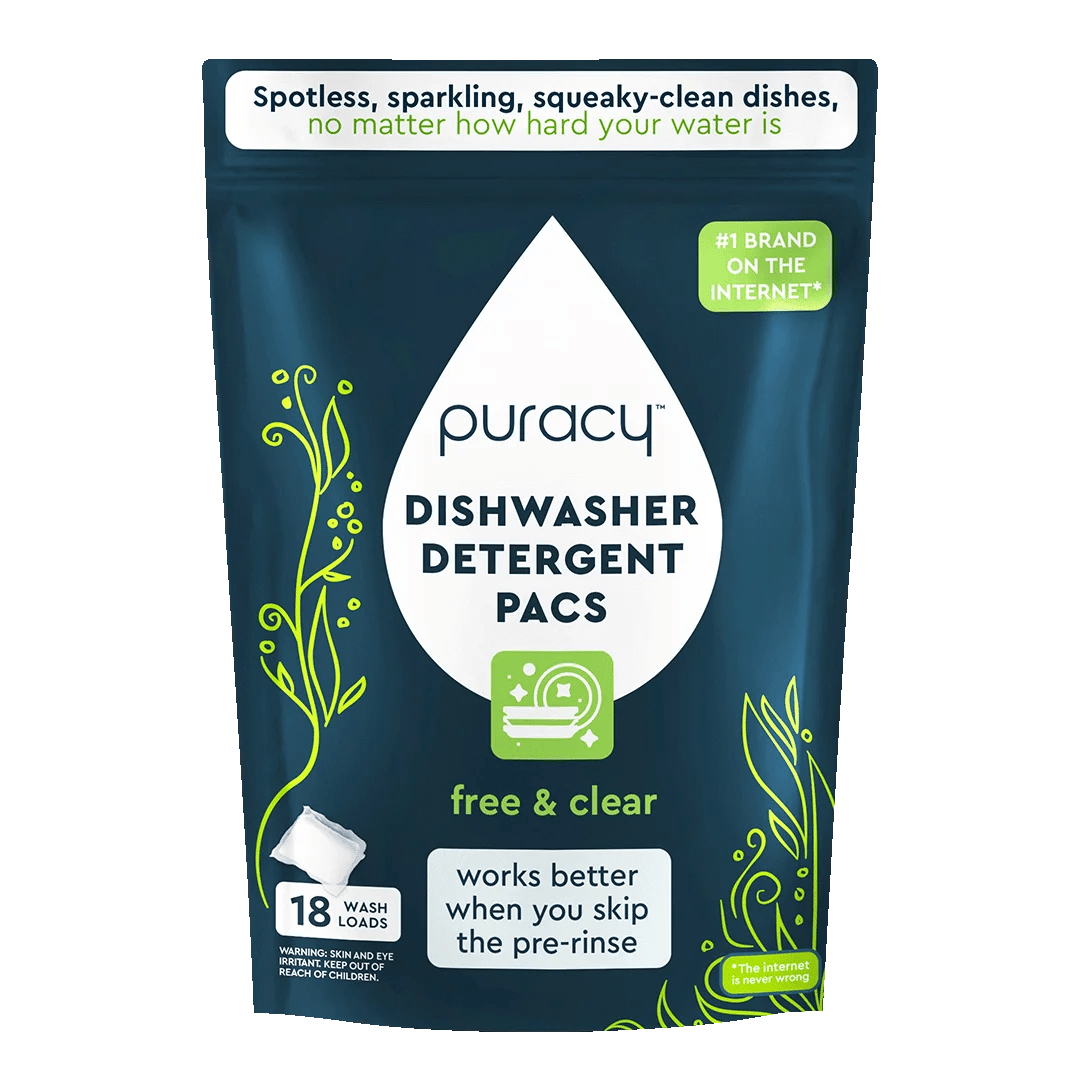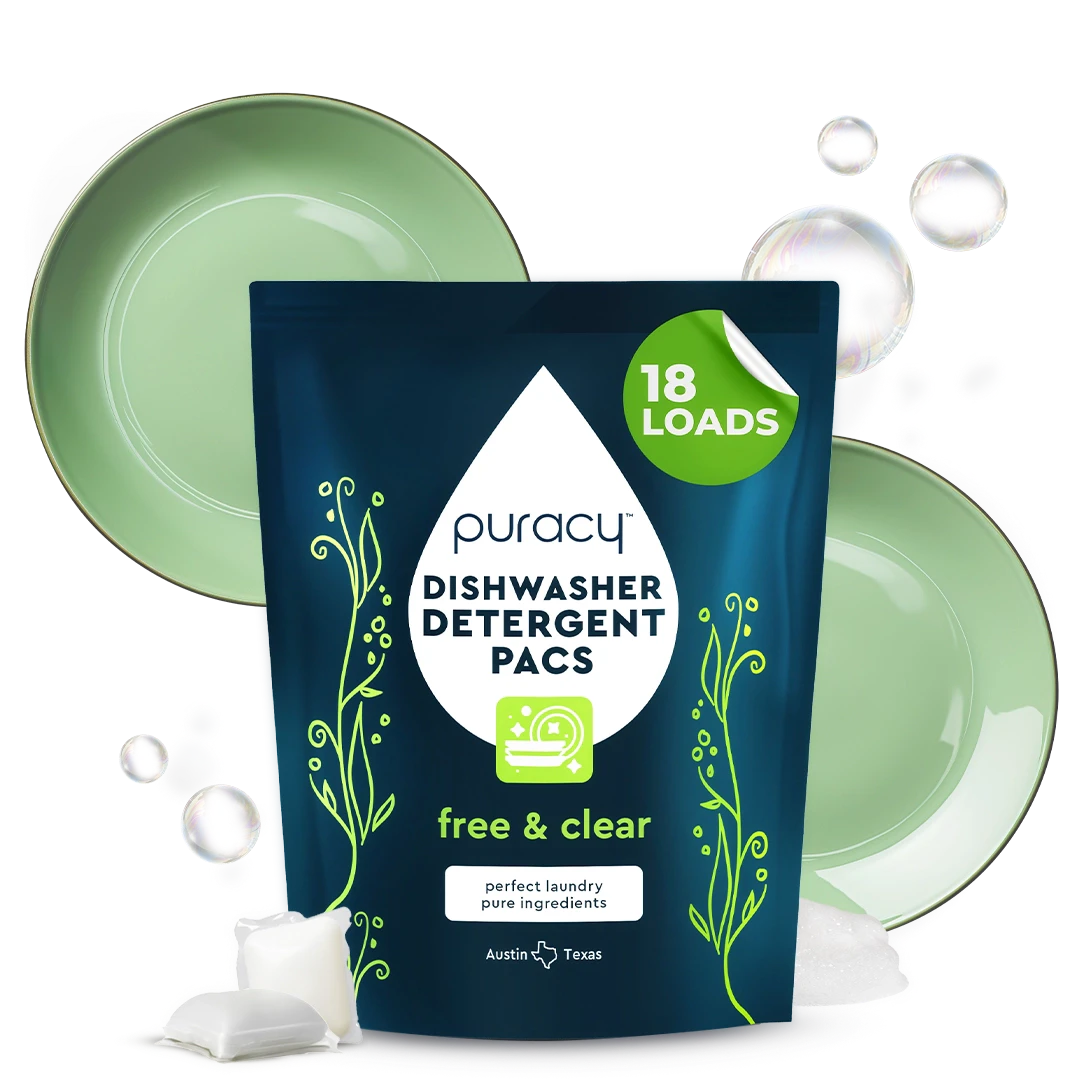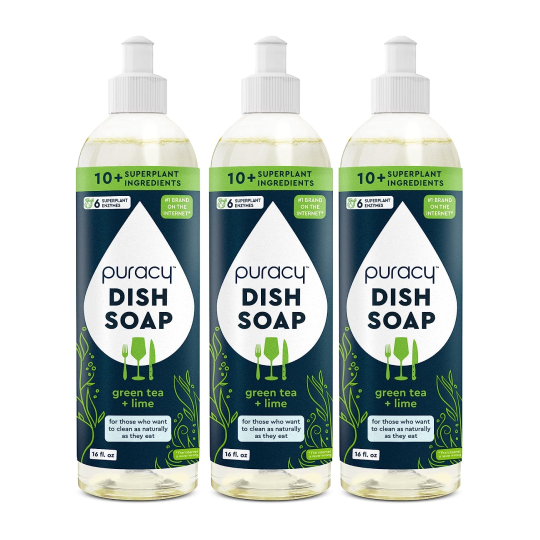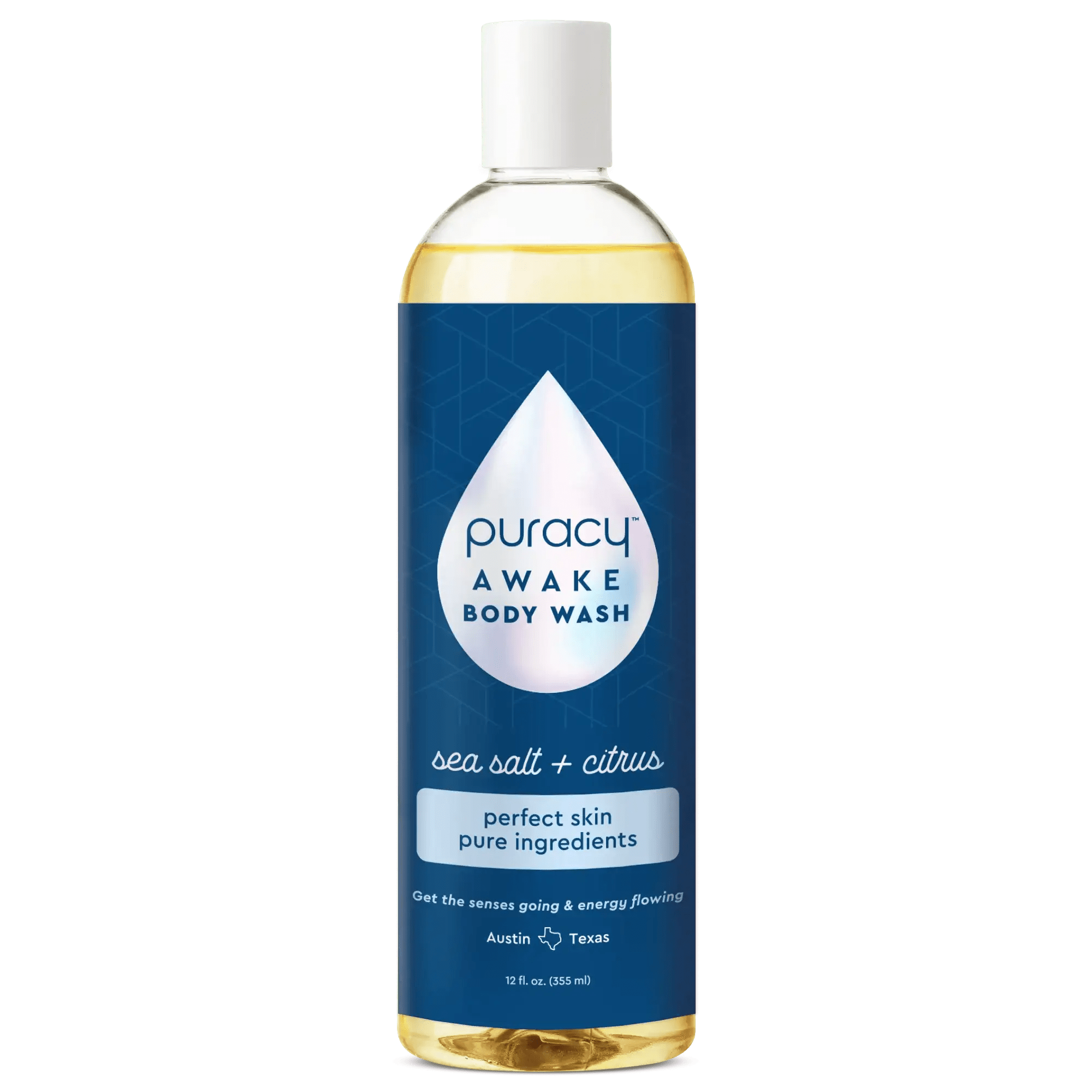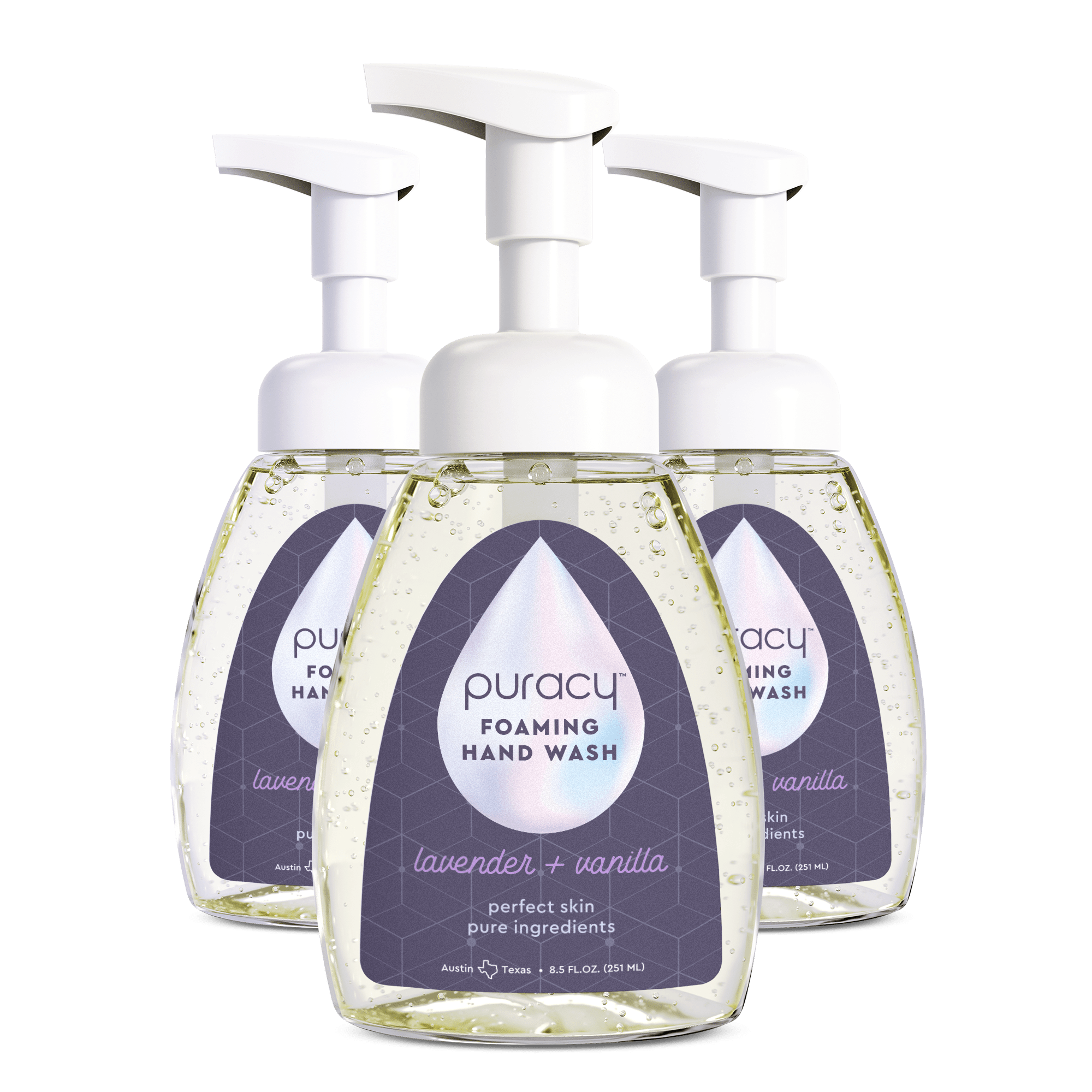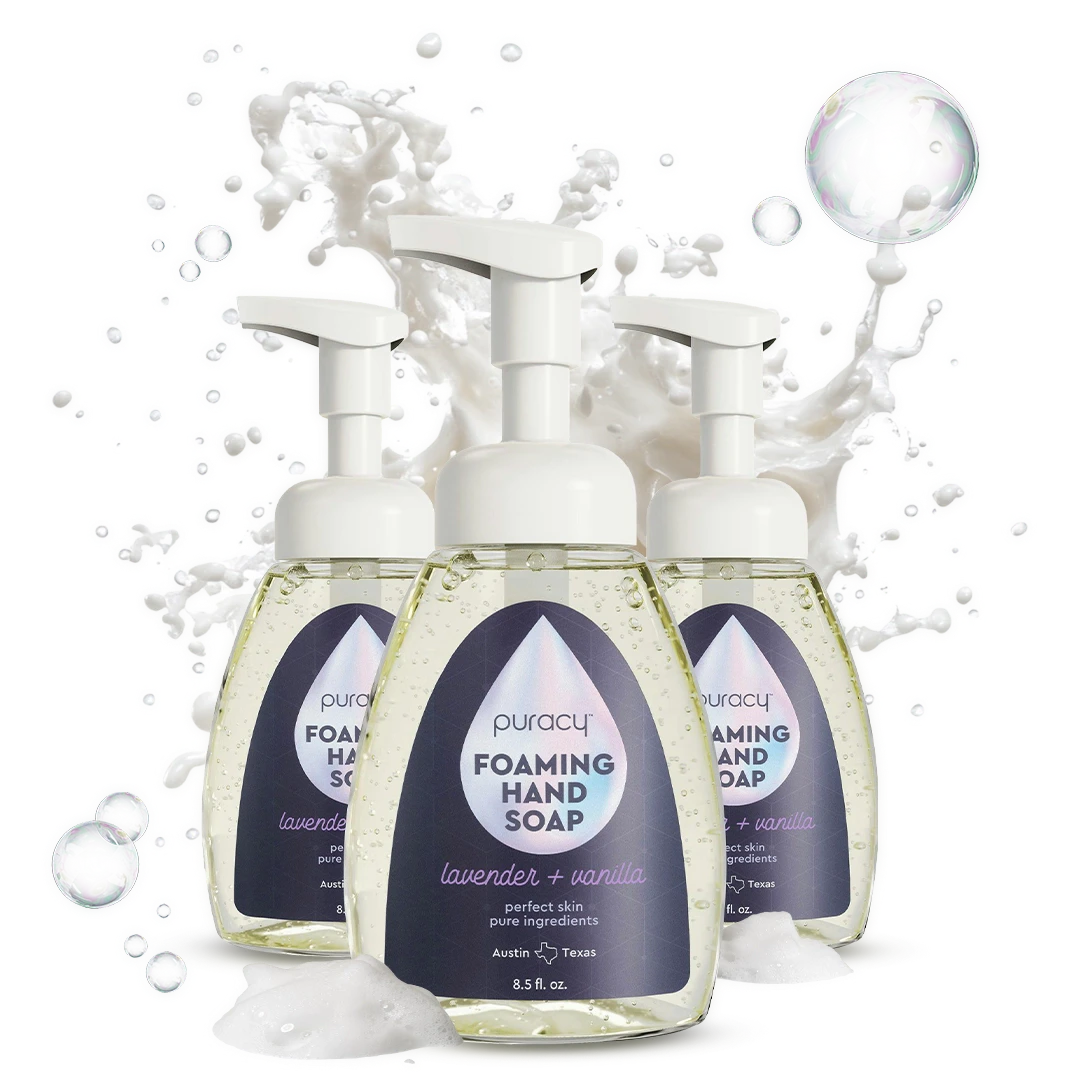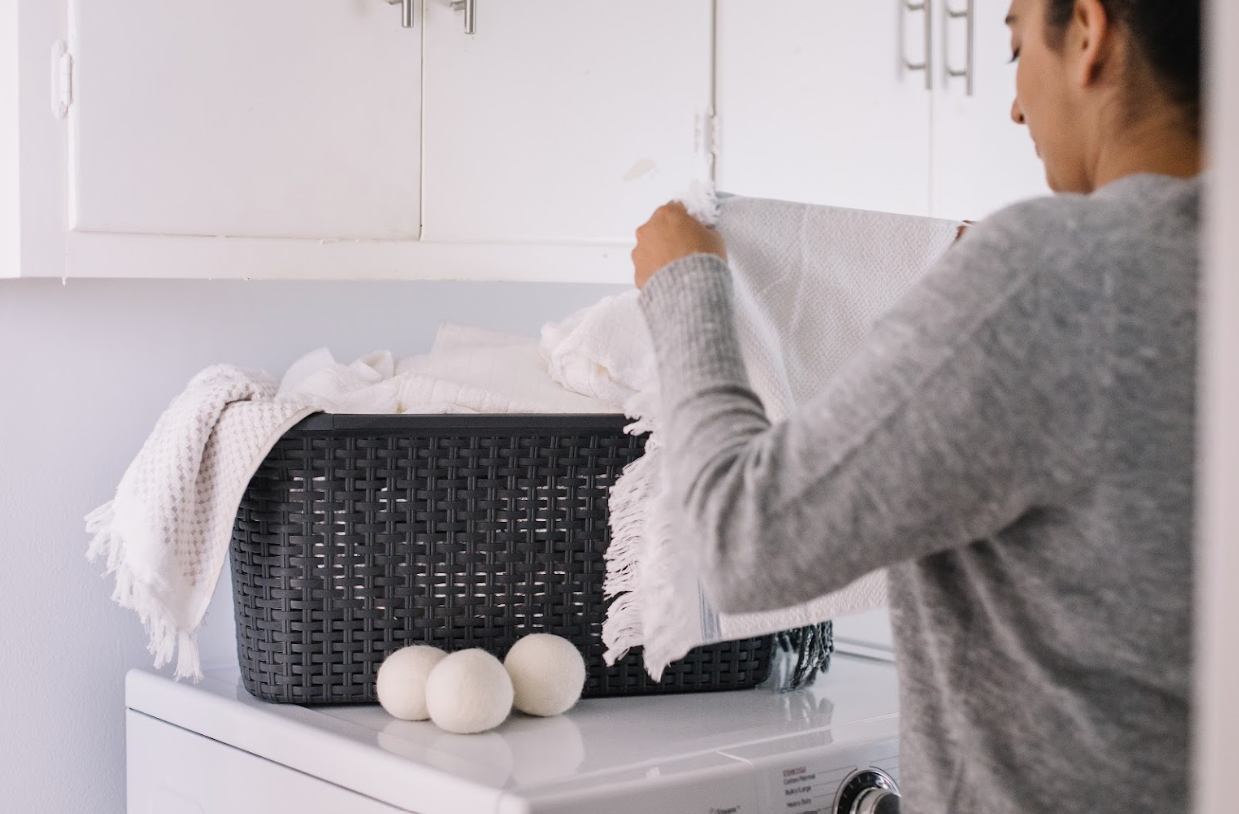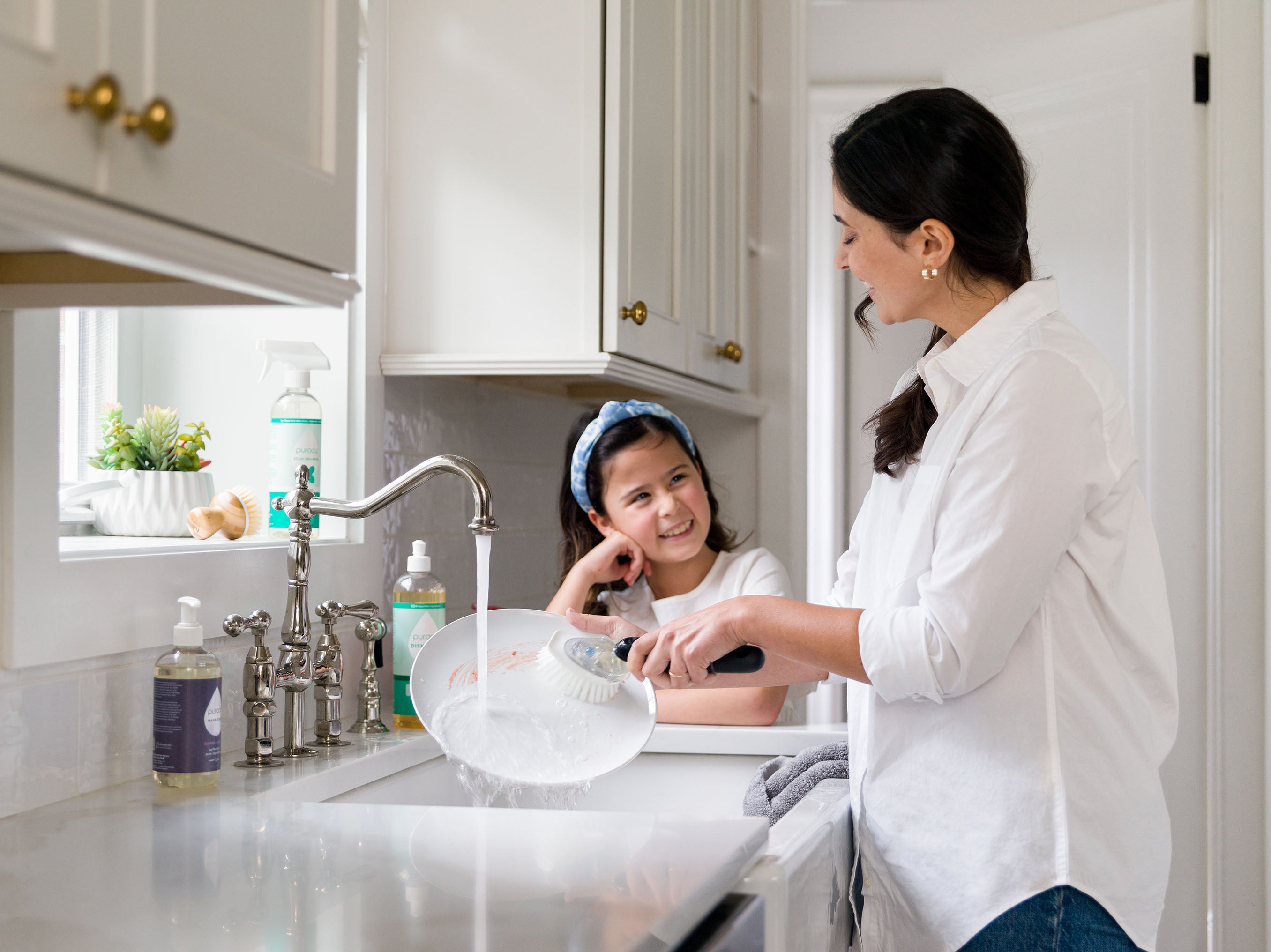
The Psychology and Benefits of House Cleaning
The psychology behind house cleaning shows us that keeping our home free of clutter and mess has positive effects on our mental health. From boosting our daily mood and keeping us focused to staying organized and improving health, learn about the psychology of house cleaning and how we can build healthy habits.
The Psychological Benefits of a Clean Home

Why clean? The benefits are almost endless! Learn how the psychology of a tidy, organized home can positively affect your brain and daily mood.
-
Improves Your Ability to Concentrate
It's easy to get distracted by a messy desk or a disorganized computer desktop. Clutter, according to a Princeton-led study, often makes it harder for people to focus and accomplish tasks, whereas a neat, tidy environment encourages productivity and concentration.
-
Regain a Sense of Control
A pile of dirty laundry or mountain of dishes can have a profound effect on how you feel about your environment. Regularly keeping your home tidy can help you "regain a sense of control over an uncertain situation." Whether it's by running the dishwasher or simply sweeping the floor, these small rituals can help you take control of a certain corner of your home and ease anxiety regarding chores and clutter.
-
Eases Depression and Fatigue
A messy, cluttered home has also been linked to higher cortisol levels, which is tied to stress hormones. A study done in Personality and Social Psychology Bulletin on people with cleaner, organized homes versus people with more chaotic, disorganized homes, found that those with messier homes were more stressed and depressed throughout the day.
-
Better Rest, Better Moods
Even the simple act of making a bed every day can have positive effects. The National Sleep Foundation noted that 75% of people sleep better and are well rested when they're using fresh sheets in a tidy bedroom.
-
Encourages Physical Activity
A study done by Indiana University found that a tidier, less cluttered home was related to healthier, more active lifestyles that released more endorphins and burned calories. "The condition of someone's residence drives physical activity," notes NiCole Keith, associate professor in the Department of Physical Education at Indiana University-Purdue University Indianapolis.
Why Is It So Hard to Control Clutter?

Mess can get out of control fast, but with the right mindset and a dive into the psychology of house cleaning, we can begin to take on it, day by day.
-
Starting is The Hardest Part
When you're dealing with an out-of-control mess, whether it's your entire home or just a cluttered closet, it can be hard to find the motivation to tackle it. Instead of taking it on all at once, start small. Cleaning a little bit each day adds up. Alternatively, assign yourself small tasks such as organizing a junk drawer or sorting the recycling. These smaller, manageable tasks will help build up your motivation.
-
Cleaning Isn't Always Fun
We get it. Not everyone loves to vacuum or mop. But one way to make a chore less of a chore: being mindful. Turning a task like washing dishes into a contemplative practice increases your chances of looking forward to doing the chore. It's a simple idea but when practiced often, it can change your outlook on tackling certain chores.
-
The Responsibilities of Being Head of Household
Are you the only person in charge of taking out the trash or mopping the kitchen floor? If you find yourself feeling overwhelmed, it may be time to start delegating tasks when you can. After all, carrying the mental load of keeping an entire household can weigh on you. Enlist the kids to help around the house, and make certain bigger cleaning tasks a family effort on the weekends.
Common Ways Clutter Can Pile Up and How to Deal With It

It’s easy for a small mess to grow, especially in a busy household. Learn how to look out for these signs by studying the psychology of house cleaning, as well as easy ways to manage the mess.
-
Holding Onto "Sentimental" Clutter
Do you tend to hold onto items with sentimental value, such as photo albums or birthday cards? It can be difficult to part with these items, but if they're taking up considerable space and contributing to a cluttered household, it may be time to look for new ways to store or donate them.
Pro tip: Photos, cards, or other paper goods with sentimental value can be scanned and kept forever digitally. You can also digitize old VHS tapes or other obsolete recording formats to save space.
- Insisting on Only "One Way" to Clean
If you find yourself doing all the cleaning yourself and insisting it done only one way, this can lead to chores piling up and all the cleaning falling to just one person. That means more stress and anxiety on you in relation to cleaning.
Pro tip: Make cleaning a group or family activity. That way, cleaning can be done together and a chance to socialize. For young kids, age-appropriate chores will also help instill healthy cleaning habits at an early age.
-
Kids Outgrow Clothes and Toys Too Fast
A big household can become cluttered fast with too-small clothes, out-of-season coats and shoes, and outgrown toys. Instead of holding on to them, set a quarterly reminder on your calendar to clean out closets and other storage spaces.
Pro tip: Make your deep clean sustainable by having go-to Donation Piles set up around your house. That way, when each pile is full, you can donate them to a charity or pass them onto family members or friends.
-
No Energy to Clean
It's difficult to balance work, family life, and daily chores, and at the end of the day, you may not have the time or energy to deal with a mountain of clutter or mess. Breaking down cleaning tasks into small, manageable daily chores can make the thought of taking on a mess less overwhelming and stressful.
Pro tip: Set up a daily cleaning schedule based on your own agenda. Keep it simple: wipe up counter spills, sort mail on the counter, make your bed. These seemingly small tasks will keep your home tidy throughout the day, making the need for a big, deep clean less frequent.
-
No Time To Clean
Similar to a lack of energy, finding the time to clean can be difficult. Being flexible can help you carve out time to take on certain tasks, as well as give you grace in case a last minute change in plans makes it impossible to take care of everything on your to-do list.
Pro tip: Time blocking can help you stay focused and motivated on a specific chore. Set a time for 10-15 minutes and tackle the dishes or tidy up the living room. Once the timer is done, the chore is done as well, no matter how far you got. You’ll be surprised how much you can accomplish in a short amount of time.
The Negative Side of Fixating on Clutter

If you find yourself compulsively or obsessively cleaning, you may be using cleaning in unhealthy ways to regain control or balance. Looking into the psychology of house cleaning can reveal negative side effects when cleaning becomes a compulsion. Seek support from a health professional or doctor, as well as trusted family members, and they’ll help you set a path towards re-building healthy cleaning habits.
A Tidy Home Starts with Natural, Plant-Powered Cleaners

At Puracy, we know the relationship between a clean home and mental health is important, so we make cleaning safe and easy with our effective, naturally derived formulas. From Natural Hand Soap and Laundry Detergent to Organic Lotion and Natural Body Wash, we’ve got your entire household covered when it comes to staying clean, organized, and above all, safe.
